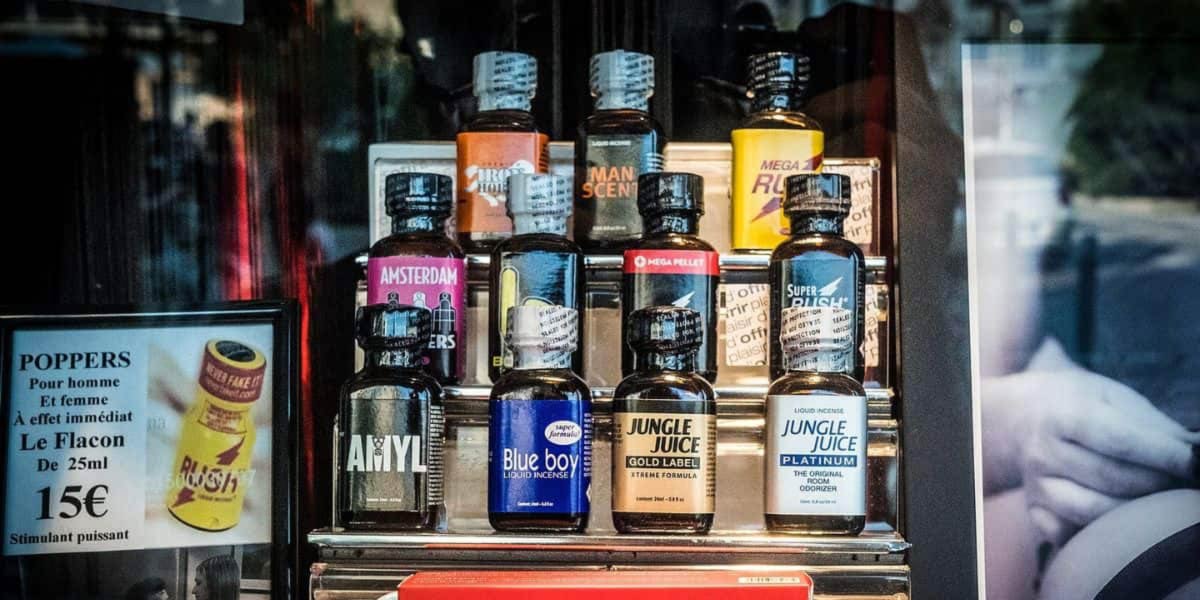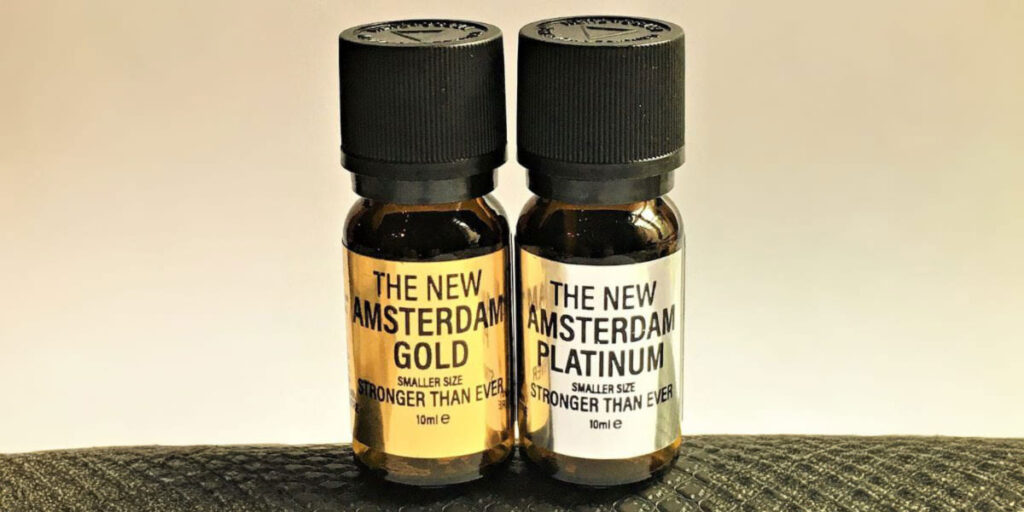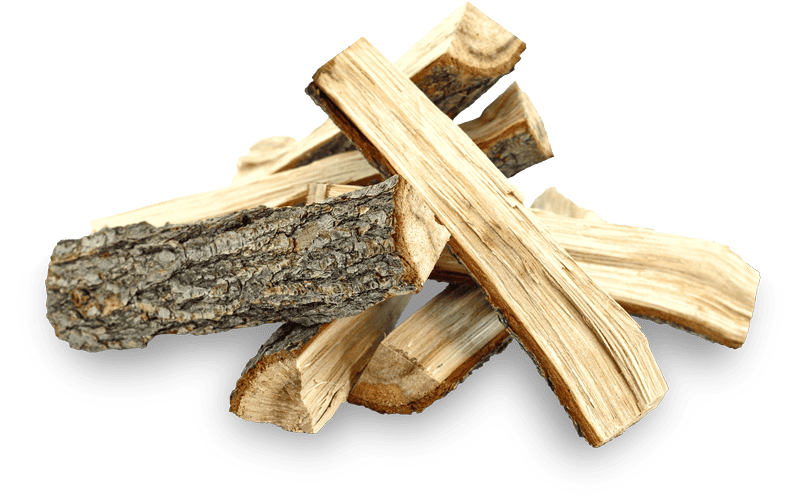Poppers Effects and Long-Term Side Effects


Medical Writer:
Reviewer:

Johnny Kim
Executive Psychotherapist
Medical Writer:
Reviewer:

Johnny Kim
Executive Psychotherapist
Discovering poppers involves exciting moments but also warnings about temporary happiness, lively social settings, and hidden dangers. These small containers are inhalants that contain chemicals like amyl and butyl nitrites. They are becoming increasingly popular. They provide a short-lived feeling of euphoria and a fast high.
In the United States, poppers were first used for medicine, but now they are popular at parties and sex clubs, providing enjoyment and danger. We are examining how drugs are used and their effects. We are also looking at the slang terms that describe their role in underground culture. As we do this, we face the harsh reality of the risks involved.
Table of Contents
Toggle
What Are Poppers?
Poppers are liquid mixtures like amyl nitrates, butyl nitrate, and alkyl nitrates that are sold for their intoxicating effects when inhaled.
Distinguished from other inhalants by their distinct packaging, aroma, and fleeting yet intense impacts, poppers are typically housed in small bottles, glass vials, or capsules. The term “poppers” originated from the popping sound these sealed containers emit upon opening.
People frequently inhale poppers directly from the bottle. They may also dip cigarette tips in the liquid to inhale the fumes while smoking. Inhaling them near open flames or smoking can cause severe injuries and breathing problems because they are highly flammable.
The US Food and Drug Administration (FDA) has warned that poppers are dangerous because of increasing hospitalizations and deaths among users. To avoid legal issues, stores sell these products under different names, such as air fresheners, scents, nail polish removers, or cleaners. This practice helps them stay out of trouble.
Slang Terms
Poppers are a common term for specific chemical inhalants, encompassing substances like butyl nitrate, amyl nitrates, alkyl nitrates, amyl nitrites, and various solvents.
Poppers have various slang names depending on the brand, chemicals, and effects. These names describe the different types of poppers available. The slang names reflect the specific characteristics of each type of popper.
Per the FDA, widely recognized slang expressions for poppers include:
- Jungle juice
- Ram
- Rush
- Rock hard
- Bold
- Liquid gold
- Thrust
- TNT
- Quicksilver
- Kix
- Boppers
- Snappers
- Amyls

Copyright: Claude TRUONG-NGOC
Credit: Claude TRUONG-NGOC
CC BY SA 4.0
What Are Poppers Drugs Used For?
At first, poppers were used to treat cyanide poisoning and heart problems. However, as safer options became available, their medical use declined. Now, people seek them out for the swift euphoric rush they provide nowadays.
Mixing poppers with alcohol and other drugs is common and can harm your organs, leading to negative effects on your health.
In the realms of sex clubs and among gay men, poppers are favored for their ability to heighten sexual arousal, reduce inhibitions, and ease muscle tension, thus enhancing the pleasure of anal intercourse.
Combining poppers with erectile dysfunction medications is widespread among people aiming to enhance sexual experiences. This mix can be dangerous, causing a sudden drop in blood pressure and leading to fainting, strokes, or heart attacks.
Poppers Effects
The effects of poppers can make you feel happy, dizzy, and excited, like being drunk, but only for a short time.
Inhaling poppers reduces oxygen to the brain. It also widens blood vessels and slows down the central nervous system. This leads to feelings of muscle relaxation and temporary happiness.
They also stimulate dopamine production in the brain, fostering sensations of joy and satisfaction. However, the adverse and hazardous side effects of poppers often surpass the enjoyable experiences they provide.
The National Institute on Drug Abuse (NIDA) identifies the following effects of popper use:
- Headaches
- Loss of consciousness
- Nausea
- Confusion
- Decreases in blood pressure
- Accelerated heart rate
- Chest pain
- Impaired vision
- Slurred speech
- Aggression
- Blackouts
- Coughing
- Choking
- Nosebleeds
- Loss of balance
- Fainting
- Irritability
- Episodes of aggressive behavior
- Sudden sniffing death syndrome (SSDS)
Inhalant substances are exceedingly unpredictable and dangerous, notably because Sudden Sniffing Death Syndrome (SSDS) poses an equal risk to both novice and chronic users, according to statistical data.
Long-Term Poppers Effects
The intense sensation and physical reactions from poppers are short-lived, yet the long-term consequences of sustained popper abuse are significant and enduring.
The prolonged physical and behavioral popper side effects include:
- Elevated likelihood of contracting sexually transmitted infections (STIs)
- Development of canker sores
- Throat discomfort
- Damage to soft tissues and emergence of sores around the nose and mouth
- Loss of vision
- Dermatological issues like skin rashes
- Methemoglobinemia, characterized by excessive production of red blood cells leading to oxygen deprivation in organs
- Psychological conditions such as mood disorders
- Respiratory system infections
- Dental deterioration and decay
- Intensified ocular pressure causing discomfort
- Experience of hallucinations
- Cardiac complications
- Persistent headaches or migraines
- Neurological impairments, including brain damage
- Seizures
- Mortality
It’s important to know that poppers are very flammable. Some people add them to cigarettes, which can cause chemical burns and serious lung damage, increasing the risks even more.
While many of the long-term side effects of inhalant abuse can improve or be reversed with adequate medical intervention over time, conditions like suffocation and sudden sniffing death syndrome (SSDS) have no known cure or treatment to reverse their effects.

Inhalant Abuse Treatment at White Oak Recovery Center
Inhalants usually don’t cause addiction, but some people can become addicted to the euphoria they feel. Users of inhalants frequently face issues with other substances, too.
To address inhalant abuse, we need a comprehensive approach. This approach must rely on evidence and must address both substance use and the underlying factors that contribute to it.
At White Oak Recovery Center, we adopt a holistic recovery approach, treating both the addiction and any concurrent disorders. Our program helps find and treat mental health issues, creating a personalized treatment plan based on evidence.
Our residential treatment facility provides an escape from the stressors and daily environments that facilitate substance use. White Oak Recovery Center sits in a beautiful setting with mountains and beaches. The environment and supportive staff promote peace and nurture healing.
Our team uses proven treatments and therapies to help clients overcome obstacles and prevent relapse. We work closely with each client to transform their lives.
Rediscover your life with White Oak Recovery Center. Contact us today to connect with a compassionate treatment specialist and embark on your journey toward recovery.

Am I covered for addiction treatment?
Your insurance may cover treatment. Call now for an entirely free and confidential assessment. Recovery starts with a phone call.

- “FDA Advises Consumers Not to Purchase or Use Nitrite’ Poppers.‘” US Food and Drug Administration, Jun. 2021.
- “Ingesting or Inhaling Nitrite ‘Poppers’ Can Cause Severe Injury or Death.” US Food and Drug Administration, Jul. 2021.
- Le, Austin, et al., “Use of ‘Poppers’ among Adults in the United States, 2015-2017.” J Psychoactive Drugs, Nov. 2021.
- Israelstam, S. et al., “Poppers, a New Recreational Drug Craze.” Can Psychiatric Assoc J., Nov. 1978.
Medical Disclaimer:







